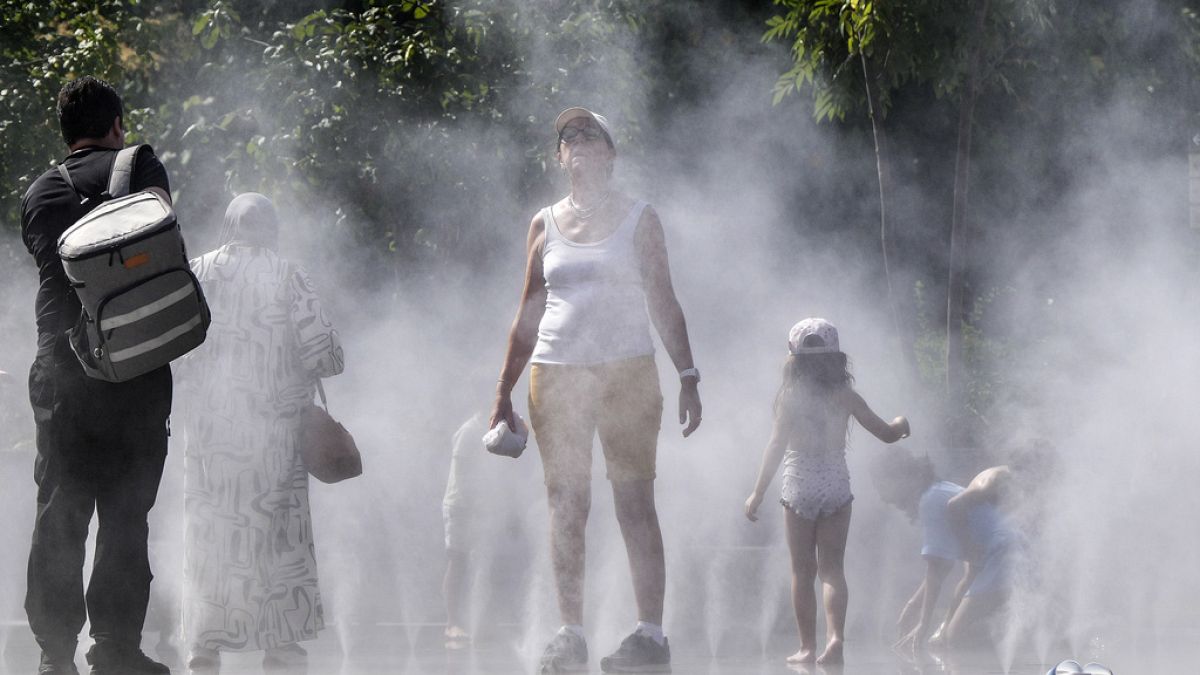This summer, countries such as Spain, Romania, and Greece are grappling with the impacts of extreme temperatures. Spain has issued orange warnings for high temperatures in nine municipalities, with Andalusia being the hottest region. Temperatures are expected to reach up to 42 degrees Celsius in certain provinces, leading to orange alert warnings. Residents are finding it difficult to engage in outdoor activities due to the intense heat, with the AEMET warning of important meteorological risks.
Over in Romania, a heatwave is also taking a toll on the country, with temperatures forecasted to exceed 40 degrees during the second half of the week. Residents are shocked by the unusually high temperatures, with some expressing that they have never experienced such extreme heat before. In July, Romania faced its longest code red heatwave in history, with temperatures soaring above 41 degrees Celsius in certain regions. The real feel of the temperatures was even higher, making it unbearable for residents.
In Greece, wildfires are spreading rapidly, along with Albania, North Macedonia, and Croatia. Evacuation orders have been issued in several Greek regions, with firefighters working tirelessly to contain the blazes. The wildfires in Albania, North Macedonia, and Croatia are also threatening residential areas, posing a huge risk to communities. The extreme heat has been attributed to a large mass of hot air that has traveled from North Africa, carrying dust from the desert.
In Portugal, people have been advised to limit outdoor activities and keep their windows closed due to poor air quality resulting from the extreme heatwave. The scorching temperatures across these European countries have highlighted the urgent need for climate action to address the growing impacts of climate change. As extreme weather events become more frequent, it is crucial for governments and communities to work together to mitigate the effects of extreme temperatures and ensure the safety and well-being of all individuals.
As the world continues to witness the devastating impacts of climate change, it is essential for countries to take urgent action to reduce greenhouse gas emissions and transition to renewable energy sources. By implementing sustainable practices and reducing reliance on fossil fuels, we can work towards a more resilient future that is better equipped to handle extreme weather events. The current heatwave in Europe serves as a stark reminder of the urgent need to address climate change and protect our planet for future generations.











